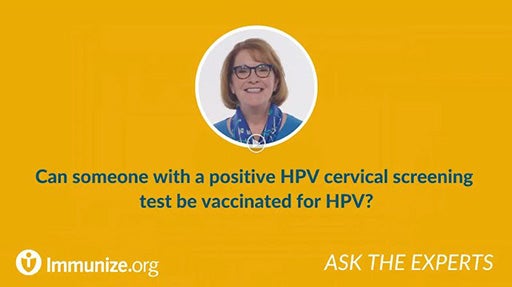Twinrix (GSK) is an inactivated combination vaccine containing both hepatitis A virus (HAV) and hepatitis B virus (HBV) antigens. The vaccine contains 720 EL.U. of hepatitis A antigen (half of the Havrix adult dose) and 20 mcg of hepatitis B antigen (the full Engerix-B adult dose).
In the U.S., Twinrix is licensed for use in people who are age 18 years or older. It can be administered to people who are at risk for both hepatitis A and hepatitis B, such as certain international travelers, people with HIV infection, people with chronic liver disease not caused by hepatitis B, men who have sex with men, people who use drugs, or to people who simply want to be immune to both diseases. Primary immunization consists of 3 doses given intramuscularly on a 0-, 1-, and 6-month schedule. In 2007, the FDA also approved a 4-dose schedule for Twinrix. It consists of 3 doses given within 4 weeks, followed by a booster dose at 12 months (0, 7 days, 21–30 days, and 12 months). The 4-dose schedule could benefit individuals needing rapid protection from hepatitis A and hepatitis B, such as people traveling to high-prevalence areas imminently.
Twinrix cannot be used for postexposure prophylaxis.
